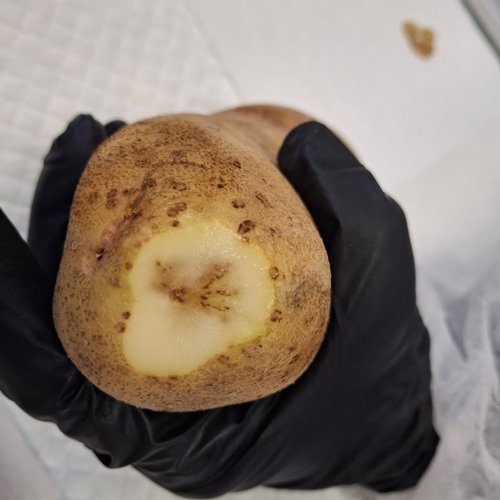A tool developed by e University of Western Australia and commercialised by bee research centre Y-Trace can measure the antibacterial properties of honey with unprecedented accuracy.
The total activity (TA) test was developed by Associate Professor Katherine Hammer, from UWA’s School of Biomedical Sciences, and Dr Liz Barbour, CEO of Y-Trace.
“For the first time, beekeepers and honey producers across Australia will have access to a scientifically validated, robust, and repeatable method for measuring the antibacterial activity of honey,” Katherine explains.
“Western Australia is renowned for producing many different bioactive honey types, with Jarrah being its most famous,” she says.
The new TA test is a direct measure of the honey’s effect on two different types of bacteria, to accurately measure natural antibacterial activity.
It can only be used when bees and honey have not been exposed to antibiotics, as residual antibiotics could inflate the test results.
In Western Australia, it is currently illegal to use antibiotics in hives and it is unnecessary as the state has no evidence of the serious bee disease European foulbrood, which reduces the productivity of affected hives.
Tests done elsewhere using this tool must be supported with evidence antibiotics have not been used.
“This method represents a significant leap forward in measuring honey’s antibacterial properties, “Katherine adds.
“Unlike existing techniques, this new test ensures the honey and bacteria are completely mixed in a liquid medium, removing diffusion differences of honey components and providing precise, instrument-based quantification.”
The Honey Lab at Y-Trace now offers the new TA test to beekeepers and honey packers across Australia.
“This breakthrough provides Australian honey producers with the most scientifically accurate antibacterial assessment,” Liz says.
“It enhances consumer confidence and strengthen Australia’s reputation for premium, high-quality honey in global markets,” she adds.




